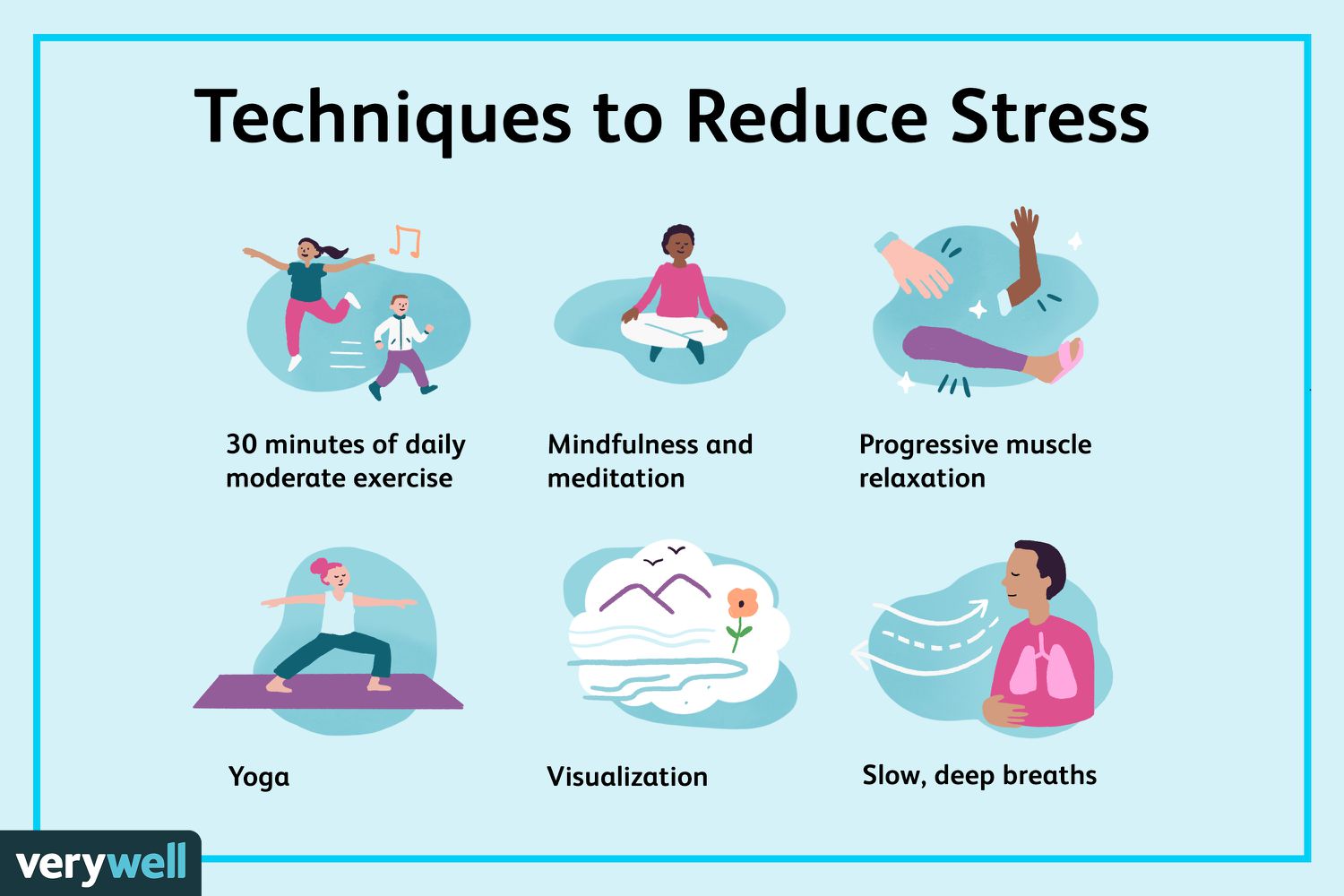
Meditation Benefits for Mental Health
Meditation is an ancient practice used for centuries to improve mental health and well-being. It involves focusing on a specific object, thought, or activity, such as your breath, a mantra, or a visualization. While meditation has been traditionally associated with spiritual or religious practices, it has gained widespread popularity in recent years due to its many benefits for mental health and well-being.
In this blog post, we will explore the benefits of meditation for mental health and well-being and how to get started with a regular meditation practice.
Reduced Stress and Anxiety
One of the most well-known benefits of meditation is its ability to reduce stress and anxiety. According to a study published in JAMA Internal Medicine, mindfulness meditation can help reduce symptoms of anxiety and depression in people with anxiety disorders.
Meditation helps to reduce stress and anxiety by slowing down the sympathetic nervous system, which is responsible for the body’s stress response. By calming this system, meditation can help reduce the levels of stress hormones such as cortisol in the body. This can reduce symptoms of anxiety and stress, such as tension headaches, muscle tension, and difficulty sleeping.
Improved Focus and Concentration
Another benefit of meditation is its ability to improve focus and concentration. By training the mind to focus on a specific object or thought, meditation can help improve cognitive function and attention span.
A study published in the Journal of Cognitive Enhancement found that mindfulness meditation can help improve cognitive performance, including attention, working memory, and executive function. This can be particularly helpful for people who struggle with attention deficit hyperactivity disorder (ADHD) or other attention-related disorders.
Enhanced Emotional Well-being
Meditation has also been shown to enhance emotional well-being. By practicing meditation regularly, you can cultivate positive emotions such as gratitude, compassion, and joy while reducing negative emotions such as anger, frustration, and sadness.
A study published in Emotion found that loving-kindness meditation, which focuses on positive feelings of love and kindness towards oneself and others, can help increase positive emotions and decrease negative emotions. Another study published in the Journal of Personality and Social Psychology found that mindfulness meditation can help reduce rumination, a repetitive and negative thinking pattern often associated with depression and anxiety.
Improved Sleep Quality
Meditation can also help improve sleep quality. According to a study published in the journal JAMA Internal Medicine, mindfulness meditation can help improve sleep quality in older adults with sleep disturbances.
Meditation helps to improve sleep quality by reducing stress and anxiety, which are often associated with sleep disturbances. By calming the mind and reducing the body’s stress response, meditation can help you fall asleep faster, stay asleep longer, and wake up feeling more rested and refreshed.
Reduced Symptoms of Depression
Meditation has also been shown to reduce symptoms of depression. A study published in the Journal of Consulting and Clinical Psychology found that mindfulness-based cognitive therapy (MBCT) can be an effective treatment for depression, particularly for people who have experienced multiple episodes of depression.
MBCT combines mindfulness meditation with cognitive-behavioral therapy (CBT) techniques to help people manage negative thoughts and emotions associated with depression. By practicing mindfulness meditation regularly, you can learn to observe and accept negative thoughts and emotions without getting caught up in them, which can help reduce symptoms of depression.
Reduced Symptoms of Chronic Pain
Meditation can also be helpful for people who experience chronic pain. A study published in the Journal of Pain found that mindfulness meditation can help reduce chronic pain symptoms in people with fibromyalgia, back pain, and arthritis.
Meditation helps to reduce symptoms of chronic pain by reducing the body’s stress response, which can exacerbate pain. By practicing meditation, you can learn to focus on the present moment and accept physical sensations without judgment or resistance, which can help reduce pain intensity.
Lowered Blood Pressure
Meditation has been shown to lower blood pressure in people with hypertension, a condition characterized by high blood pressure. According to a study published in the journal Hypertension, Transcendental Meditation (TM), a form of meditation that involves repeating a mantra, can help reduce blood pressure in people with hypertension.
The exact mechanism by which meditation lowers blood pressure is not fully understood, but it is thought to be related to the relaxation response activated during meditation. This response helps to reduce the activity of the sympathetic nervous system, which can help lower blood pressure.
Improved Self-awareness and Self-esteem
Meditation can also help improve self-awareness and self-esteem. By practicing meditation, you can learn to observe your thoughts and emotions without judgment or attachment, which can help you develop greater self-awareness.
This increased self-awareness can also improve self-esteem as you become more aware of your strengths and weaknesses and develop greater self-acceptance. A study published in the Journal of Happiness Studies found that mindfulness meditation can help improve self-esteem in people with social anxiety.
Increased Resilience
Meditation can also help increase resilience, which is the ability to bounce back from adversity and cope with stress and challenges. By practicing meditation, you can cultivate a sense of inner strength and stability, which can help you navigate difficult situations with greater ease.
A study published in the Journal of Positive Psychology found that loving-kindness meditation can help increase resilience in people who have experienced trauma. By cultivating feelings of compassion and kindness towards oneself and others, participants in the study were able to develop a greater sense of inner strength and resilience.

Getting Started with Meditation
If you’re interested in experiencing the benefits of meditation for mental health and well-being, here are some tips for getting started:
- Start with guided meditation: If you’re new to meditation, starting with a guided meditation can be helpful. There are many free meditation apps and videos available online that can guide you through meditation practice.
- You can find a quiet space: You can find a quiet space where you can sit comfortably and without distractions. You can sit on a cushion or chair with your back straight and your feet on the ground.
- Choose a focus: Choose a focus for your meditation, such as your breath, a mantra, or a visualization. Focus on this object or thought and let all other thoughts and distractions fall away.
- Be consistent: Consistency is key when it comes to meditation. Try to practice for a few minutes each day, gradually increasing the length of your practice over time.
- Be patient: Meditation is a skill that takes time and practice to develop. Be patient with yourself and keep going even if your mind wanders or you find it difficult to stay focused.
Conclusion
In conclusion, meditation has many benefits for mental health and well-being, including reduced stress and anxiety, improved focus and concentration, enhanced emotional well-being, improved sleep quality, reduced symptoms of depression and chronic pain, lowered blood pressure, improved self-awareness and self-esteem, and increased resilience. By incorporating meditation into your daily routine, you can experience these benefits and cultivate greater inner peace and well-being.








Leave a Comment